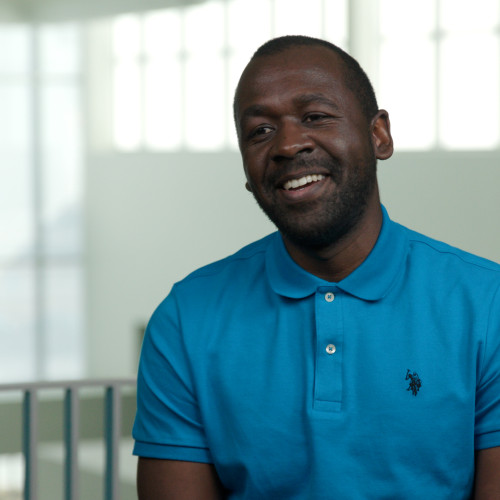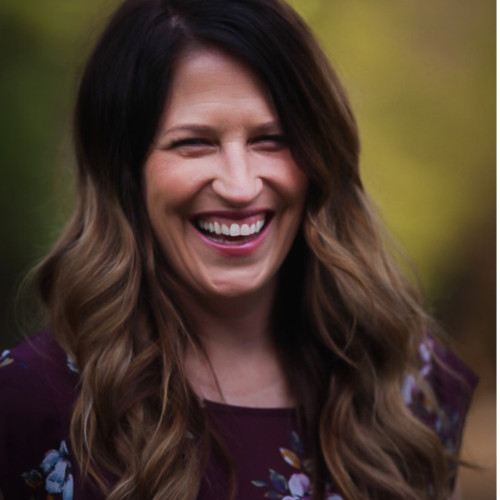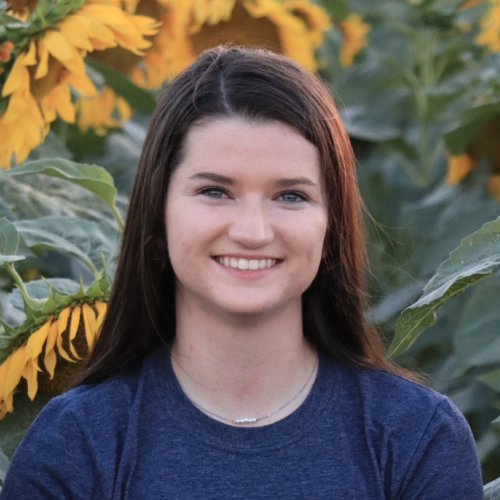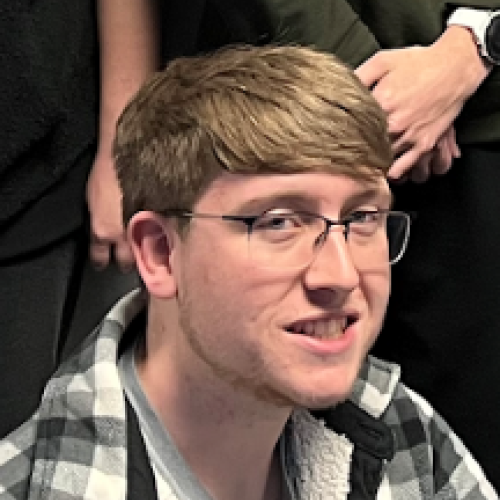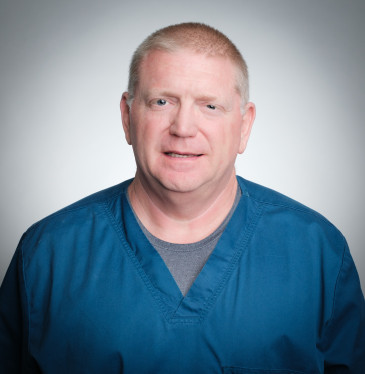
Scott Harrison
Clinical Research Site Supervisor
When I was in college majoring in biology, my summer job was working with kids at a YMCA camp. It was there I realized how much I enjoyed working with kids and their families. I started to wonder how I could pursue a career where I’d get those same interactions, but I didn’t love the thought of teaching — I liked the idea of working with kids and parents in a less formal way. Since I was already interested in science (biology was my major, after all!), I figured I could combine those two passions through a career in pediatric nursing.
Ultimately, I graduated from Baker University’s school of nursing with tuition assistance from Stormont Vail Health. Throughout the program, I was able to get hands-on training in the emergency room, or ER, and pediatrics units at a local hospital. The experience helped me get the training I needed, opened my eyes to how much I enjoyed working in the ER and reaffirmed I was pursuing the right career for me.
After graduation, I began my nursing career in the emergency department at Stormont Vail Health. I’ve now been with Stormont for more than 25 years! During my career here, I’ve worked as a nurse, helped develop a trauma department, worked as a trauma program manager, worked as a research coordinator and more. Today, I’m a clinical research site supervisor based at the Cotton O’Neil Cancer Center. I help the doctors and other providers at the center find research studies for our patients. The research trials at the cancer center are focused on improving cancer treatment options. I also supervise our team of cancer research coordinators.
Since I had a long history of working in the ER and trauma departments, when I first began in this current position, I knew very little about research or the care of cancer patients. The learning curve was steep, but the idea of helping people find new options for their treatments was very interesting to me. I’ve had great teachers and mentors over the years who have helped me learn something new every day.
The two best parts of my job are my coworkers and our patients. My coworkers all share the common goal of improving the lives of our patients, and everyone is always willing to lend a helping hand. The patients we work with know how important research studies are, not just for their own sakes, but for the future of other people diagnosed with cancer in the future. It’s an inspiring place to be.

